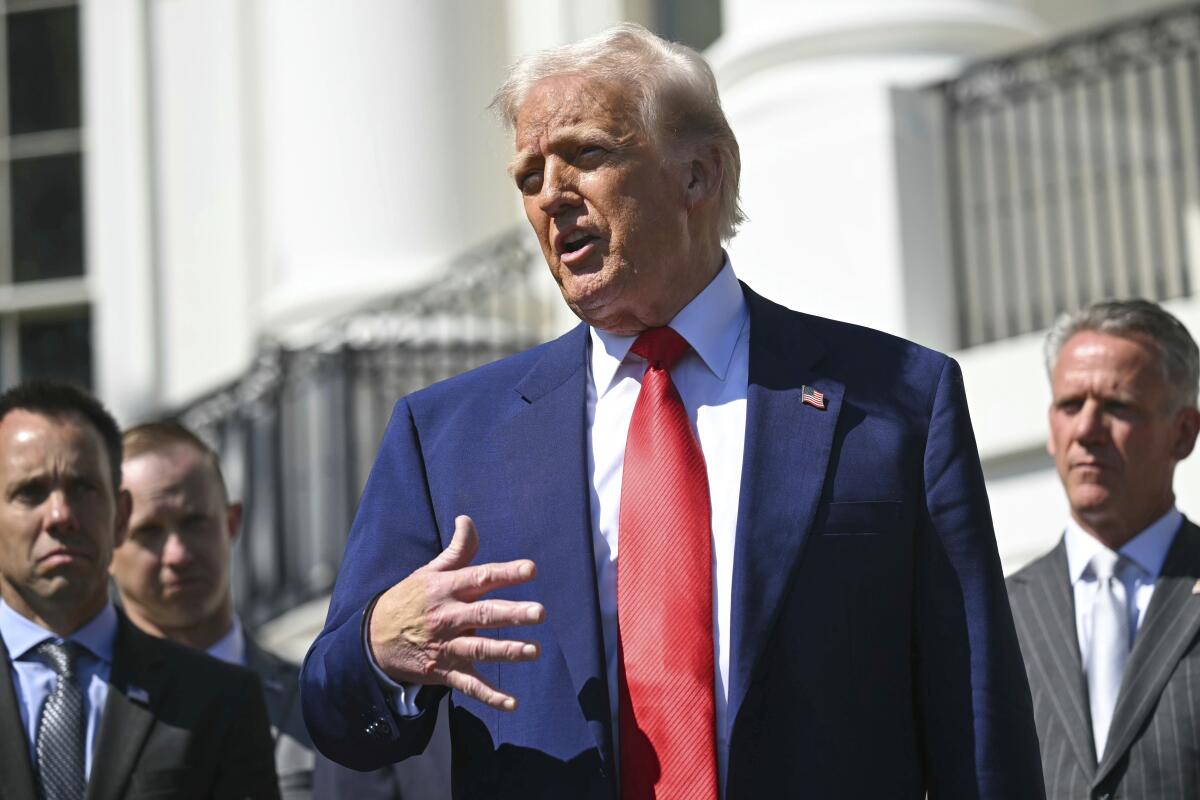Executive Summary
- Trump administration proposes significant cuts to NASA's budget, shifting focus from lunar missions to Mars exploration, potentially impacting the Artemis program.
- European Space Agency (ESA) expresses concern over the 'full repercussions' of NASA budget cuts and potential impacts on international collaborations.
- Elon Musk's SpaceX may benefit from the shift in NASA's priorities and increased Pentagon spending, raising conflict of interest concerns among lawmakers.
Event Overview
The Trump administration's proposed budget cuts for NASA have triggered widespread discussions and concerns within the space community. The proposed budget signals a shift in focus from the moon to Mars, reducing funding for lunar programs like Artemis while increasing investment in Mars-related initiatives. This shift has implications for international partnerships, particularly with the European Space Agency (ESA), and raises questions about the future of space exploration and the role of private companies like SpaceX.
Media Coverage Comparison
| Source | Key Angle / Focus | Unique Details Mentioned | Tone |
|---|---|---|---|
| DW | NASA budget cuts impact on international collaboration and shift towards Mars. | ESA Director General Josef Aschbacher's concern over the 'full repercussions'. Reuters reports $6 billion cut from NASA. SpaceX Starship rocket program likely to replace SLS and Orion in the longer-term | Concerned and informative |
| Ars Technica | NASA scaling back ISS activities due to budget shortfalls. | Potential reduction of Crew Dragon mission crew size, extending mission durations, and canceling upgrades to the Alpha Magnetic Spectrometer. The budget request for fiscal year 2026 states 'The Budget reduces the space station’s crew size and onboard research, preparing for a safe decommissioning of the station by 2030' | Analytical and critical |
| The Intercept | Trump's Pentagon budget benefits Elon Musk's SpaceX through new projects. | Details on the proposed 'Golden Dome' missile shield and potential conflicts of interest due to Musk's advisory role. SpaceX recently won an $843 million contract to “de-orbit” the International Space Station when it is retired in 2030. | Critical and investigative |
Key Details & Data Points
- What: Proposed budget cuts to NASA and increased defense spending, leading to a shift in space exploration priorities and potential benefits for private companies.
- Who: Donald Trump administration, NASA, European Space Agency (ESA), Elon Musk, SpaceX, Bill Nelson (NASA Administrator nominee).
- When: Proposed budget for fiscal year 2026, with potential implementation pending congressional approval. Changes to ISS activities considered starting with Crew-12 in February 2026.
- Where: United States (NASA), International Space Station, Mars, European Space Agency (ESA).
Key Statistics:
- Key statistic 1: $6 billion (€5.29 billion) (amount potentially cut from NASA's budget according to Reuters)
- Key statistic 2: 24% (potential cut to NASA's current budget of $24.8 billion)
- Key statistic 3: $1 billion (proposed increase for 'Mars-focused programs')
Analysis & Context
The proposed NASA budget cuts represent a significant shift in US space policy, prioritizing Mars exploration over lunar missions. This decision has several potential implications. First, it could strain international partnerships, particularly with ESA, which has invested heavily in the Artemis program. Second, it raises questions about the long-term sustainability of NASA's exploration goals, as lunar missions were initially envisioned as a stepping stone to Mars. Finally, the potential for SpaceX to benefit from these changes raises concerns about conflicts of interest and the increasing influence of private companies in space exploration. The fact that Musk has contracts with both NASA and the pentagon, and serves as an advisor to the president raises concerns about appropriate use of taxpayer dollars.
Notable Quotes
the importance of cooperation in space activities.
My priority would be to maximize the remaining value of the ISS before it is decommissioned.
Current resources going to the Pentagon are not only excessive but are more likely to undermine than promote our security.
Conclusion
The proposed NASA budget cuts represent a significant recalibration of US space exploration, prioritizing Mars exploration while potentially jeopardizing lunar programs like Artemis and the Lunar Gateway, and impacting collaborations with international partners such as the ESA. The shift involves redirecting resources from Earth science and climate monitoring initiatives, and legacy systems like the SLS and Orion, towards commercial space ventures, particularly benefiting companies like SpaceX, although this raises concerns about equitable resource allocation and the long-term effects on scientific research and STEM education. This pivot could lead to a decline in American leadership in space, especially as China advances its lunar ambitions, and may require ESA and other international partners to seek alternative collaborations. The ultimate impact hinges on congressional approval and NASA's ability to balance exploration goals with fiscal constraints and the need to maintain international partnerships.
Disclaimer: This article was generated by an AI system that synthesizes information from multiple news sources. While efforts are made to ensure accuracy and objectivity, reporting nuances, potential biases, or errors from original sources may be reflected. The information presented here is for informational purposes and should be verified with primary sources, especially for critical decisions.









